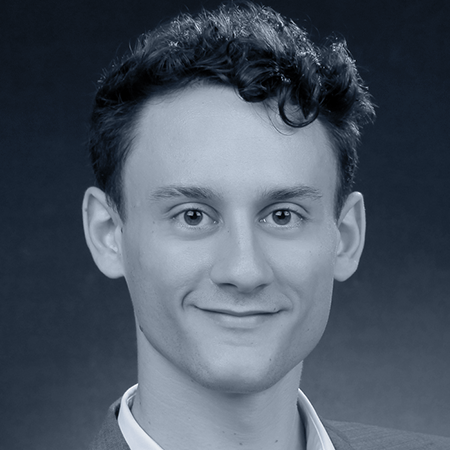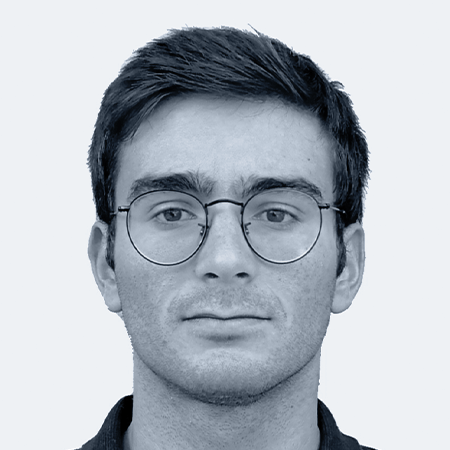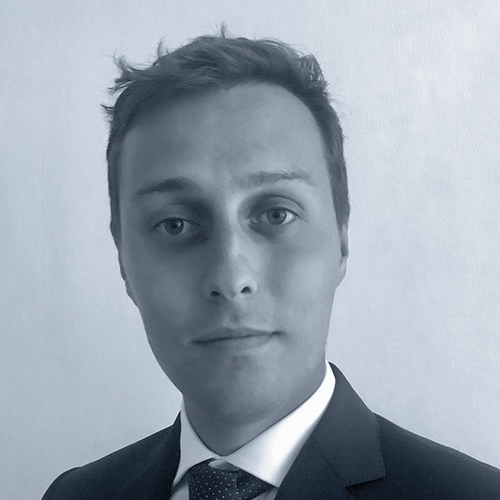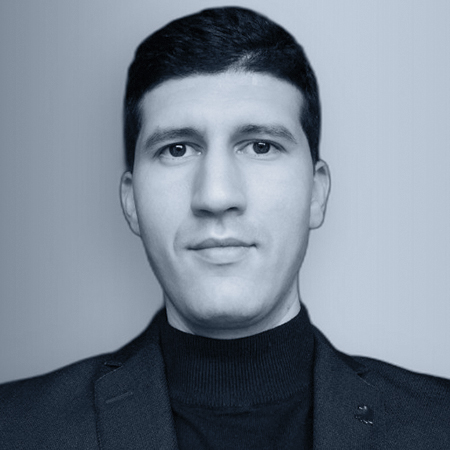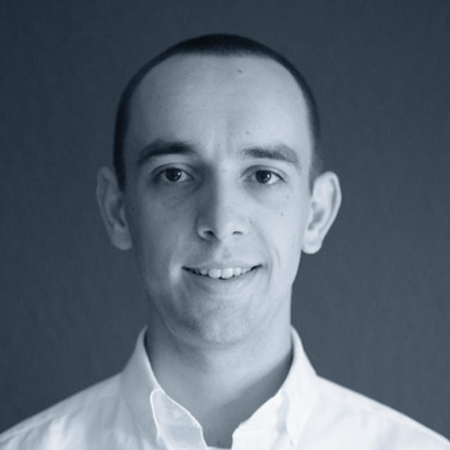SDL Energy Conversion presents
Numerical Methods for Combustion
Date: November 20, 2026, 2pm - 6pm; Format: Online
Short abstract:
In the face of climate change and its undeniable threats to humanity, the urgency for transitioning to CO2-free or carbon-neutral energy systems is paramount. While the future of energy conversion will be largely dominated by renewable sources, such as wind and solar power, combustion technologies will continue to play a crucial role in meeting the world’s growing energy demands, especially in the near term. The expected rise in alternative fuels—such as biofuels, e-fuels, and green hydrogen—demands a deeper understanding of combustion processes to ensure cleaner, safer, and more efficient energy generation. Accurately simulating combustion, however, is a formidable challenge due to its inherently multi-physics nature, involving complex interactions between turbulence, chemistry, and multi-species flows.
This workshop will focus on advanced numerical methods for modeling and simulating combustion phenomena in high-performance computing environments. Participants will gain insights into cutting-edge techniques and numerical methods, covering topics such as combustion closure modeling, load-balancing techniques, soot formation, and more. The workshop aims to gather different research groups, providing a venue to exchange new ideas, discuss challenges, and expose this new research field to a broader community.
Language: English
Required skills: intermediate
Capacity: 100
Further information: This training is given twice a year, presenting our latest research, to provide sufficient and up-to-date insights regarding the combustion modeling to the audience.
